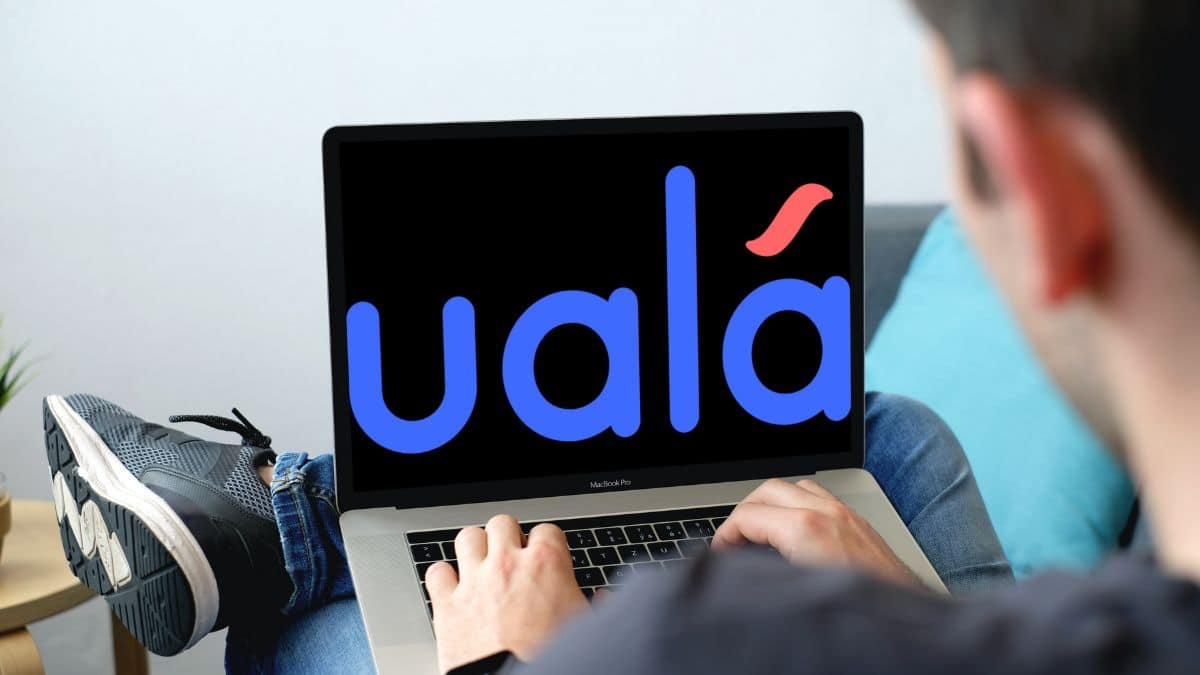
Argentijnse bank Uala schort crypto-activiteiten op: details
- Het Argentijnse fintech-bedrijf Uala heeft zijn crypto-activiteiten opgeschort, waarop minstens 300.000 gebruikers minstens één keer digitale activa hebben verhandeld.
- De bank zal haar crypto-verkopers een commissie van 5% geven, die in pesos zal worden verrekend tegen een koers die vergelijkbaar is met de MEP-dollar.
- De Argentijnse Centrale Bank heeft aangekondigd dat fintech-bedrijven zich niet mogen bezighouden met crypto of hun klanten toegang tot crypto mogen geven.
- De regelgeving van de Centrale Bank heeft ook gevolgen gehad voor Mercado Pago, het toonaangevende fintech-bedrijf van Argentinië.
De crypto-industrie wordt momenteel sterk beïnvloed door de wereldwijde onzekerheid over de regelgeving met betrekking tot de regulering van digitale activa en de scherpe daling van de prijs van cryptocurrencies na het begin van de cryptowinter. Interessant is dat een populaire elektronische bank in Argentinië, Uala, die de Argentijnen zonder bankrekening in het vizier had, heeft bevestigd dat het zijn crypto-activiteiten zal sluiten, volgens lokale mediaberichten.
De rapport voegde eraan toe dat er ongeveer 300.000 mensen zijn die klant zijn van Uala en crypto-activa bezitten. Het platform heeft verklaard dat deze mensen die hun crypto in de digitale portemonnee van de elektronische bank hebben opgeslagen, hun digitale activa binnen een periode van 30 dagen moeten verkopen. Bovendien zal de bank voor de verkoop haar crypto-houders een commissie van 5% geven, die zal worden afgerekend in pesos tegen een koers die vergelijkbaar is met de MEP-dollar.
“Alle mensen die een account hebben geopend om crypto via Ualá te exploiteren, zijn al op de hoogte gebracht. Degenen die geld hebben geïnvesteerd in crypto ontvangen een economische vergoeding van 5% op het verkochte bedrag na de liquidatie van hun bezit als erkenning voor hun vertrouwen in ons voorstel”, zei Uala.
De MEP-dollar, of Mercado Electrónico de Pagos, ook wel bekend als de "buitenlandse toeristendollar", vertegenwoordigt de wisselkoers waartoe toeristen toegang hebben wanneer ze met een kaart voor consumptie in het land betalen.
De reden voor dit besluit van Uala, opgericht in 2017 door Pierpaolo Barbieri, is het besluit van de Centrale Bank van vorige week waarin gesteld werd dat virtuele portemonnees, of “Payment Service Providers that Offer Payment Accounts (PSPCP)”, “mogen niet uitvoeren of hun klanten faciliteren om operaties uit te voeren met digitale middelen.”
Ualá moest stoppen met de verkoop van Bitcoin (BTC) en Ethereum (ETH), de twee belangrijkste cryptocurrencies die het zijn klanten voorheen toestond te kopen en op te slaan. De functie om BTC en ETH te verhandelen werd in november vorig jaar uitgerold, zoals gerapporteerd door CoinDesk. Interessant is dat het bedrijf zei dat het de gebruikers had beperkt in het overdragen en ontvangen van crypto-activa in hun digitale portemonnee "aangezien dat een risico inhoudt voor de gebruiker en voor het platform."
Het is echter ook een feit dat de cryptocurrency-uitwisselingen en portemonnees die beschikbaar zijn op de Argentijnse markt hun aanbod niet hebben gewijzigd, maar Uala heeft besloten dit te doen.
Bovendien was de nieuwe regelgeving van de Centrale Bank van Argentinië van toepassing op de hele fintech-markt, en als gevolg daarvan verbood het ook Mercado Pago, het toonaangevende fintech-bedrijf van het land, om cryptocurrencies op te nemen in zijn investeringsaanbod. De bank biedt crypto-aanbiedingen in Brazilië en Mexico.
"We zijn gedwongen om de mogelijkheid om crypto te exploiteren op te schorten, wat in ieder geval nog maar één optie was binnen ons investeringsmenu, dat erg breed is", aldus de bedrijfsbronnen.
Ze beperkten zich ertoe te zeggen dat "elke fintech, met zijn juridische afdeling, zijn interpretatie van de norm heeft gemaakt, en we zijn van mening dat we daarin waren opgenomen" toen hen werd gevraagd naar de verschillen met andere bedrijven.
Zoals eerder gerapporteerd door Bitnation, sloot de Argentijnse Grootloge van Vrije en Aanvaarde Vrijmetselaars zich aan bij de NFT-bandwagon en vrijgegeven 77 NFT's onder de vlag "CryptoMasons." Alle opbrengsten van de verkoop gingen naar regionale liefdadigheidsinstellingen die door het hoofdstuk werden gesteund.







